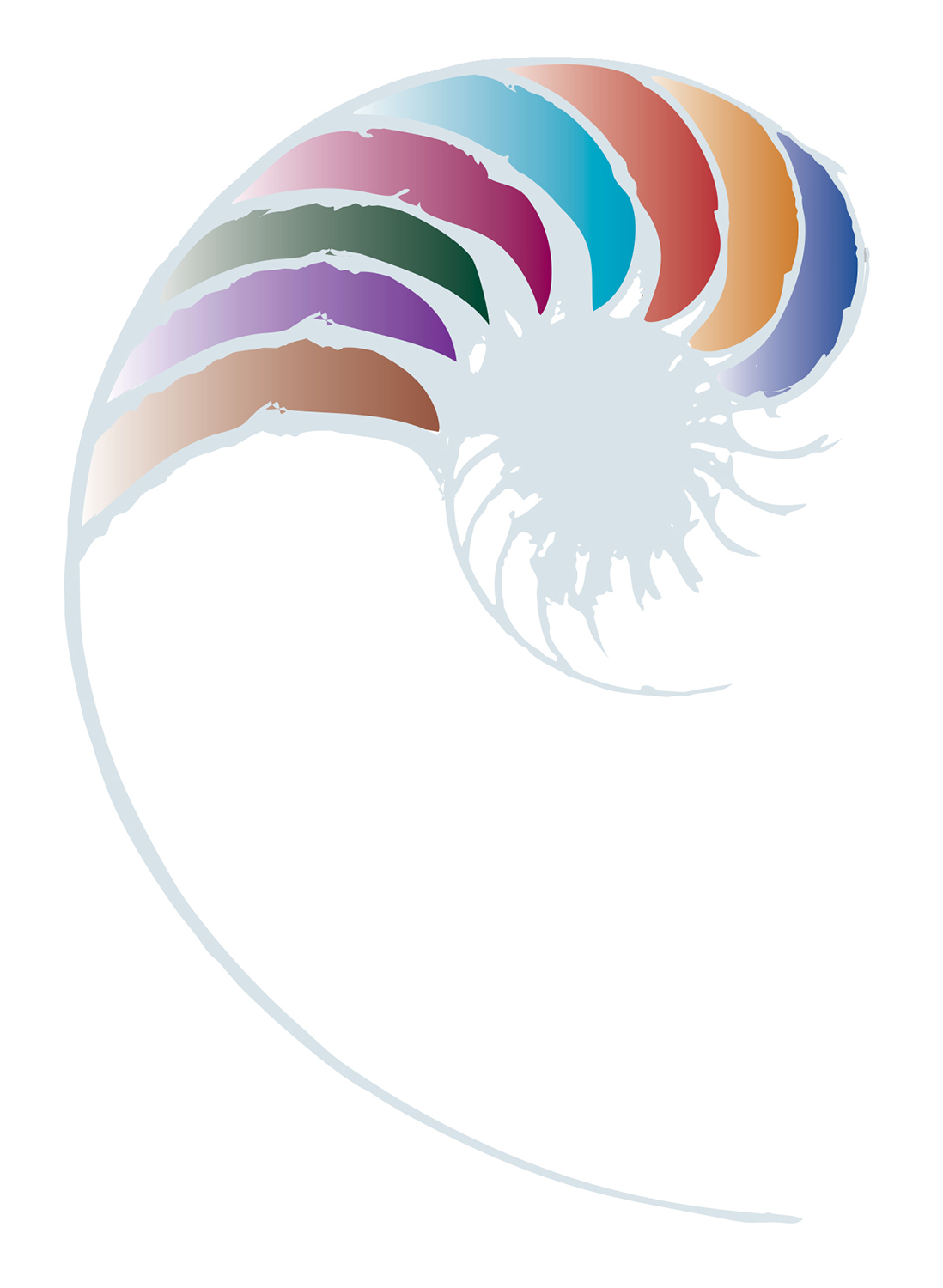Guidance for kaiako reporting to parents and whānau on TMoA
The Ministry of Education is working on a range of improvements to develop a consistent, engaging and easy to navigate system of assessment and aromatawai that supports the progress and achievement of mokopuna.
We’re focussed on making sure kaiako and whānau feel supported during this challenging period of transition and have access to reliable tools, guidance and supports.
Good quality data about mokopuna learning is critical to reporting and monitoring to inform teaching and learning, timely information to parents, whānau and caregivers, and decisions at every level of the education system.
Every mokopuna should experience success in their learning and feel confident that they are making progress and achieving their goals. This experience is supported by quality reporting.
Reporting to parents and whānau is essential for developing a clear and shared understanding of mokopuna progress, achievement, and success. High quality reporting provides parents and whānau with timely and meaningful information about the progress their tamaiti is making in line with the curriculum, their areas of strength, improvement and next steps. Reporting should consider the whole mokopuna including progress, achievement, and success academically, socially, and culturally.
Information and resources will be reviewed and updated as the redesigned Te Marautanga o Aotearoa continues and updated wāhanga ako are implemented.
The following information relates to reporting against Te Marautanga o Aotearoa. For information relating to The New Zealand Curriculum, click here for the Tāhūrangi site: Reporting to parents and whānau.
Reporting in 2025
- What kura need to know
- Quality reporting
- Alignment tables
What kura need to know for 2025
This year the focus is on continuing to develop and embed quality aromatawai and reporting practices in kura. Quality aromatawai practice supports kaiako to effectively monitor, respond to, and report on mokopuna progress, achievement and success.
Quality aromatawai reporting involves:
- combining information from a variety of evidence such as observations, classroom tasks, Tairongo, Te Whanau Aro and information from assessment tools to give a well-rounded understanding of mokopuna abilities.
- continuously collecting and analysing data and a variety of aromatawai information throughout the year to monitor and support mokopuna progress.
- providing timely and clear information to parents, whānau and caregivers.
The regulatory reporting requirements1 parents and whānau have not changed.
At least twice a year, schools and kura are required to report to students, their parents, and their whānau in plain language on the student’s progress and achievement in all learning areas across the curriculum and in te reo matatini and pāngarau.
There are no changes to these requirements, but schools and kura are now required to report progress against the new Te Reo Rangatira Years 0-6 and Pāngarau Years 0-8 wāhanga ako. Guidance on this is provided in the section below.
For all other wāhanga ako, including Te Reo Rangatira Tau 7-13 and Pāngarau Tau 9-13, schools and kura should continue to report against Te Marautanga o Aotearoa 2009.
For some mokopuna, it may be appropriate to tailor the approach to reporting to reflect diverse learner needs. Leaders and kaiako should work with whānau, alongside other learning support specialists, to develop support plans when appropriate (e.g. an Individual Education Plan (IEP), Collaborative Action Plan (CAP) etc.).
1. Section 165 of the Education and Training Act 2020 and Regulation 21 of the Education (School Boards) Regulations 2020.
About this resource
Please see above for a collection of resources to support kaiako reporting against the redesigned Te Marautanga o Aotearoa in 2025.


